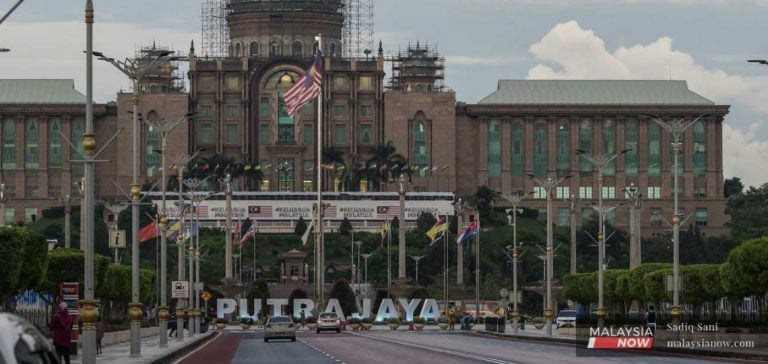Malaysia will implement a carbon tax by 2026 on the iron, steel, and energy industries, announced Prime Minister and Finance Minister Datuk Seri Anwar Ibrahim during the Budget 2025 speech on October 18. This initiative underscores the country’s commitment to its emission reduction goals.
Platts, a subsidiary of S&P Global Commodity Insights, had previously reported that the timeline for introducing the carbon tax was expedited under pressure from emission-intensive and trade-exposed sectors, which fear significant compliance costs under the EU’s Carbon Border Adjustment Mechanism (CBAM) starting in 2026.
EU Carbon Border Adjustment Mechanism
CBAM will impose carbon taxes on commodities exported to the EU market, including cement, iron and steel, aluminum, fertilizers, electricity, and hydrogen. Companies may receive reductions if they have already paid domestic carbon prices under their carbon tax or Emissions Trading Scheme (ETS) regimes.
The tax revenue collected will be used to fund research on decarbonization technologies within the country. For sectors not covered by the carbon tax, Malaysia may consider establishing a domestic emissions trading scheme in the future.
Industry Preference for Emissions Trading Scheme
“Given the coverage of the proposed carbon tax on the iron, steel, and energy sectors, it is crucial that the government implement the Emissions Trading Scheme, the industry’s preferred mechanism, to drive more cost-effective emission reductions,” the Federation of Malaysian Manufacturers said in a release on October 18 following the national budget announcement.
The Federation also hopes that the carbon tax will not lead to higher electricity tariffs for the industrial sector. In the Budget 2025 Economic Outlook, new platforms, including a voluntary carbon market, were suggested to contribute to Malaysia’s financial growth going forward.
Exploring Biochar for Emission Reduction
This aligns with the expectation that the carbon tax could allow for a specific proportion of carbon offsets to be used for compliance obligations, similar to the mechanism in Singapore, which could generate demand for carbon credits issued by domestic projects. However, the government has not provided further details.
Malaysia aims to achieve net-zero greenhouse gas (GHG) emissions by 2050 and to reduce its economy-wide carbon emissions intensity by 45% against gross domestic product by 2030. In addition to carbon market mechanisms, the outlook also detailed the nation’s interest in exploring biochar as an emerging solution to address climate change and promote sustainable development, particularly in managing organic agricultural waste disposal, which is often a significant contributor to emissions.
Biochar, charcoal produced by heating organic biomass, such as crop residue or animal manure, in an oxygen-free atmosphere through pyrolysis, offers dual benefits in GHG storage and land rehabilitation. Countries like the EU, the United States, Australia, Japan, and Thailand are also exploring biochar as a means to reduce GHG emissions.
Platts assessed Tech Carbon Capture’s current-year price at $140/mtCO₂e on October 18, unchanged from the previous session. Platts’ Tech Carbon Capture prices reflect the most competitive and internationally fungible credits generated from, but not limited to, biochar, direct air capture, mineralization, and bioenergy carbon capture and storage.
In recent sessions, Platts heard that biochar credits certified by Puro.earth, with the latest vintage, were valued between $120 and $150/mtCO₂e for delivery on the spot market.






















